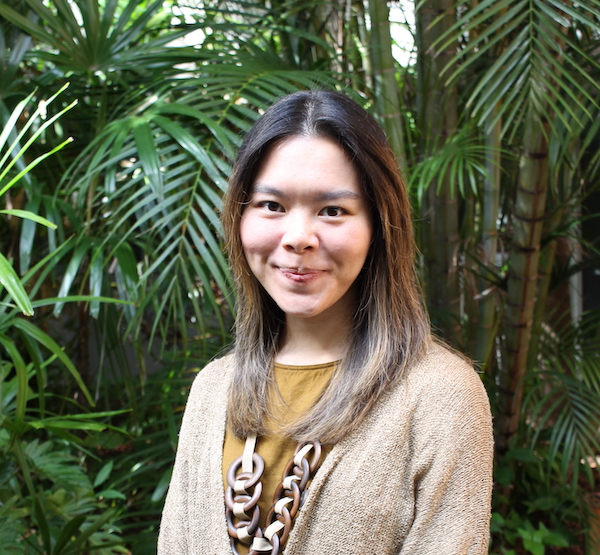Featured in

- Published 20250506
- ISBN: 978-1-923213-07-4
- Extent: 196 pp
- Paperback, ebook, PDF


Already a subscriber? Sign in here
If you are an educator or student wishing to access content for study purposes please contact us at griffithreview@griffith.edu.au
Share article
About the author

Crystal Abidin
Crystal Abidin is an anthropologist of vernacular internet cultures, focusing especially on the Asia-Pacific region. She has published six books and more than 250...
More from this edition

Negotiating cultural heritage
Non-fiction AUSTRALIA AS A nation is a mere 125 years old, Australian citizenship even younger. Until the Nationality and Citizenship Act of 1948, all Australians...

Know thyself
Non-fiction THE FIRST TIME I left Australia, I was six years old. My parents took my sister and I to Greece, the original home of...

A half-century of hatchet jobs
Non-fictionAuthors and publishers worry that bad reviews kill sales. I’ve seen no evidence that this is the case, but plenty that bad reviews distress and demoralise their subjects. Many people who care about literature endow criticism, and especially negative reviews, with magical powers. They hold dear the fantasy that if critics did a better job, if they were braver soldiers, the profound structural problems that bedevil Australian literature – books rushed to press, low pay, policy indifference, plummeting reading rates, crisis in higher education, not to mention the racism and the classism – might somehow disappear. A cracking review ennobles its subject with attention and consideration, but I’ve never seen one earn an author a higher advance on their next book or buy them more time for revision, let alone shift the federal arts budget.